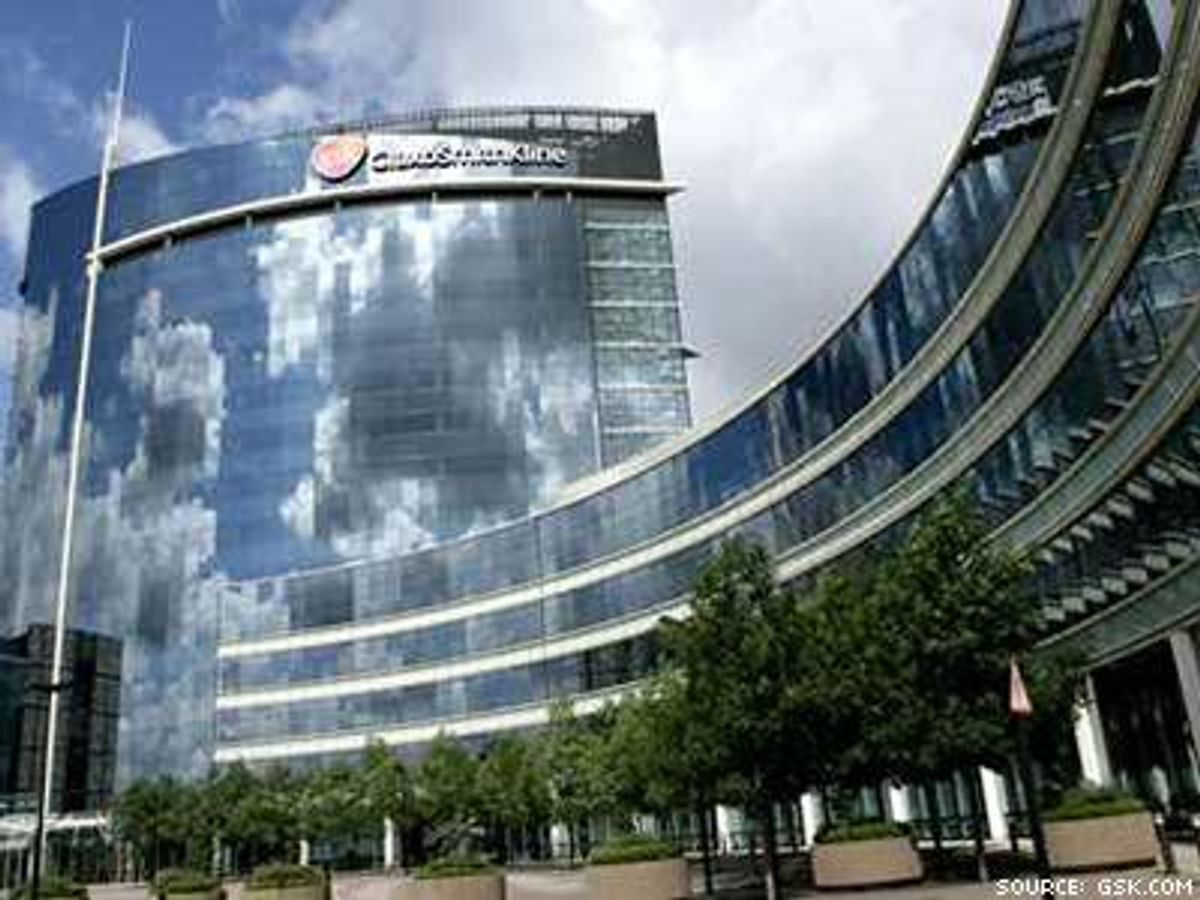Global pharmaceutical giant GlaxoSmithKline, makers of HIV meds like Tivicay, has announced plans to collaborate with the University of North Carolina at Chapel Hill to establish a research center dedicated to finding a cure for HIV.
At the new center, which will be located on the UNC-Chapel Hill campus, a team of researchers from GSK will collaborate with university scientists to further recent scientific advancements in the effort to cure HIV.
In a statement released by GSK, the pharmaceutical giant said one such advancement was the "shock and kill" approach, which “involves unmasking dormant HIV present in patients' immune cells, before boosting the patients' immune system to destroy all traces of the virus.”
That approach was behind a recent study published in Medical News Today, where researchers identified the JP-III-48 molecule as potential element in a "shock and kill" treatment strategy. The molecule acted like a “can opener” in forcing the HIV virus to open and become vulnerable to immune system attacks. (Read more about those findings here.)
It’s fitting that UNC-Chapel Hill would focus on such treatment opportunities, as the school’s team of researchers were some of the first to identify the "shock and kill" (as opposed to a different strategy called the 'kick and kill') approach.
"The 'shock and kill' approach has shown significant promise in early translational research on humans and has been the focus of research for the last several years," said Dr. David Margolis, professor of medicine at UNC-Chapel Hill and leader of the Collaboratory of AIDS Researchers for Eradication (CARE), in a written statement.
"After 30 years of developing treatments that successfully manage HIV/AIDS without finding a cure," Margolis added, "we need both new research approaches to this difficult medical problem and durable alliances of many partners to sustain the effort that will be needed to reach this goal."
Currently the primary treatment for people with HIV involves taking multiple antiretroviral medications that can keep the virus from replicating and further damaging a patient’s immune system.
"Today's treatments for HIV mean that millions of lives have been saved,” acknowledged Zhi Hong, senior vice president and head of the Infectious Diseases Therapy Area Unit at GSK. “[But] people still have to take a lifetime of treatments, which takes an emotional toll and places an economic burden on society that is particularly challenging in countries with limited resources."
Hong added, "This is why we must dedicate the next 30 years to finding a cure and scaling it up so that one day we will end the HIV/AIDS epidemic."
Over the next five years, GlaxoSmithKline plans to invest $20 million into the new research center ($4 million per year). That funding will be in addition to the investment the pharmaceutical giant is making into discovering new antiretroviral therapies through their North Carolina-based HIV Discovery Performance Unit.
Touting his "long legacy of HIV research success," GSK CEO, Sir Andrew Witty, said he views the new collaboration with UNC-Chapel Hill as, “a testament to our past and present leadership, innovation and commitment to this field. We are inspired by the confidence that with the right resources and research teams, we will be able to make a meaningful impact toward a cure for HIV."
No word yet on whether the new HIV Cure Center will also investigate potential gene therapy approaches to thwarting HIV (learn about some of those latest developments here) or will stick with their “shock and kill” approach, but reports say they're open to several avenues of research.
This public-private partnership, which brings together two long-standing players in the world of HIV treatment and prevention, is thought to be the first of it's kind.
















































































